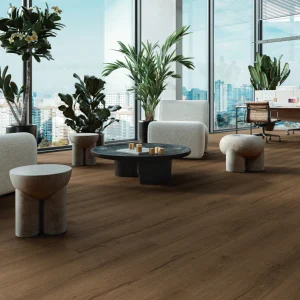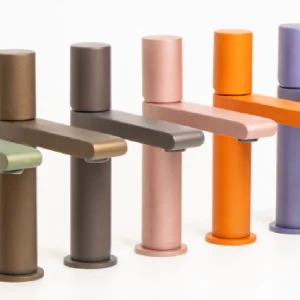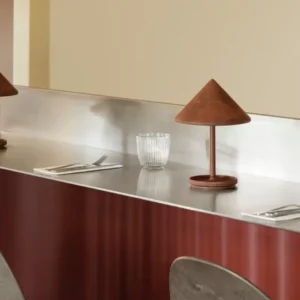InterfaceFLOR has achieved a European first with an Environmental Product Declaration (EPD) for carpet tiles. Developed in consultation with the carpet industry’s environmental association GUT, InterfaceFLOR has long used Life Cycle Assessment (LCA) to measure the environmental impact of its products and processes, and currently conducts an LCA on each of its carpet tile products.
InterfaceFLOR’s new EPD is based on an ISO 14025-compliant methodology from GUT, the environmental association for the carpet industry, and has been validated by IBU, the institute for sustainability for the construction industry.
The first EPD covers the products Scandinavian Collection and Straightforward from the FlatWorks range. Both are based on InterfaceFLOR’s Microtuft technology, which means they contain 30-50% less oil-based yarn than other products, significantly reducing their environmental impact.
Interface was one of the first companies to publicly commit to sustainability, when it made a pledge in the mid-nineties to eliminate its impact on the environment by 2020.
Known as Mission Zero, this goal influences every business, manufacturing and design decision made and underpins all dimensions of the company: people, process, product, place and profit.
Interface is now more than half way to reaching its Mission Zero goal and has been widely recognized for its achievements to date. Its products have also received several awards, specifically for design and innovation.
The EPD is often described as a sophisticated product ‘label’ which lists all the ‘ingredients’ and environmental impacts of a product throughout its lifecycle; this includes everything from energy and material consumption to waste generation and emissions.





